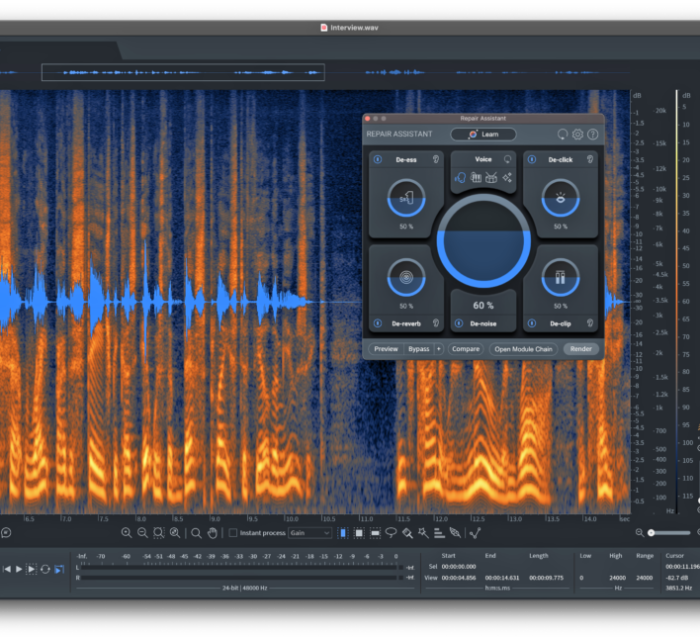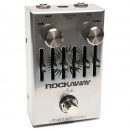Photo by JB Brookman
Post Malone’s trial regarding his hit song “Circles” will begin on Dec. 13, 2022. It had previously been scheduled for Oct. 11, 2022. The judge agreed to continue the trial after both sides stipulated to it and Malone agreed to attend the trial and testify.
The case was filed by plaintiff Tyler Armes in the Central District Court of California in Los Angeles and is before U.S. District Judge Otis D. Wright.
Plaintiff sued Malone and his co-defendant, Frank Dukes, over claims he was not given authorship credits on “Circles” after the three of them allegedly collaborated on a mix of the song in 2018. Plaintiff’s claim regarding the master for “Circles” was dismissed earlier in the case leaving only the composition at issue.
Malone has admitted that the plaintiff attended one session for “Circles’ but claims he did not contribute anything “original.” Malone asserts that all plaintiff contributed “was an admittedly extremely commonplace guitar chord progression” and perhaps a “fragment” of a guitar melody that was not recorded.
Plaintiff says he was offered five percent of the music publishing on “Circles” but demanded more. Plaintiff indicates Malone’s offer was then withdrawn.
Malone’s attorneys had filed an emergency motion with the court, requesting that the judge authorize a last minute “forensic examination” of the plaintiff‘s cell phone, which was denied. The judge came down hard saying it was “patently improper” for Malone’s attorneys to request the cell phone data utilizing an emergency motion for sanctions against the plaintiff.
The federal courts can be very zealous about enforcing their complex rules and the judge stated that sanctions “are only for instances of egregious discovery abuses” and that plaintiff’s alleged failure to turn over some text messages did not meet that requirement.
Federal judges are appointed for life and have wide discretion in handling their cases. They can sanction lawyers or parties who do not follow the rules. Sanctions can include monetary ones, limiting evidence, striking pleadings or even dismissing a case. The judge ruled that Malone’s attorneys had filed the wrong type of motion and the proper motion would have been a request to reopen discovery in the case. Judge Wright even said Malone’s attorneys might be subject to sanctions themselves for “abusing” court procedures.
Malone’s lawyers subsequently filed papers stating, “we believed in good faith that we were following the court’s procedure,” an obvious attempt by Malone’s lawyer to avoid sanctions for intentional wrongful conduct.
We will see if the case settles or goes to trial, but one may wonder why Malone would have offered 5% of the publishing if plaintiff had not contributed something original. Malone may say he made the offer simply to avoid expensive and time-consuming litigation.
It is important for songwriters who collaborate to document as much as possible regarding their contributions to compositions. And if you end up in federal court, make sure you have a very experienced federal court litigator representing you, familiar with the music industry.














